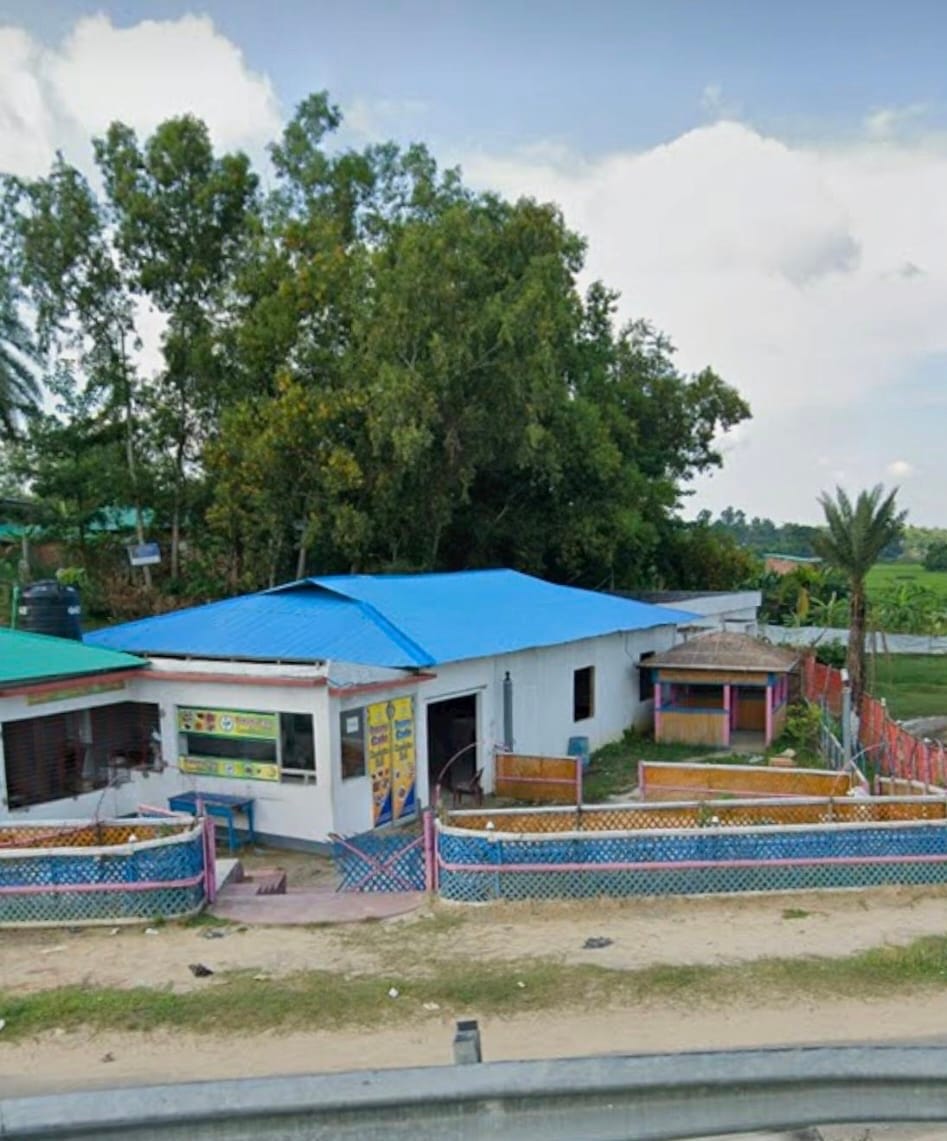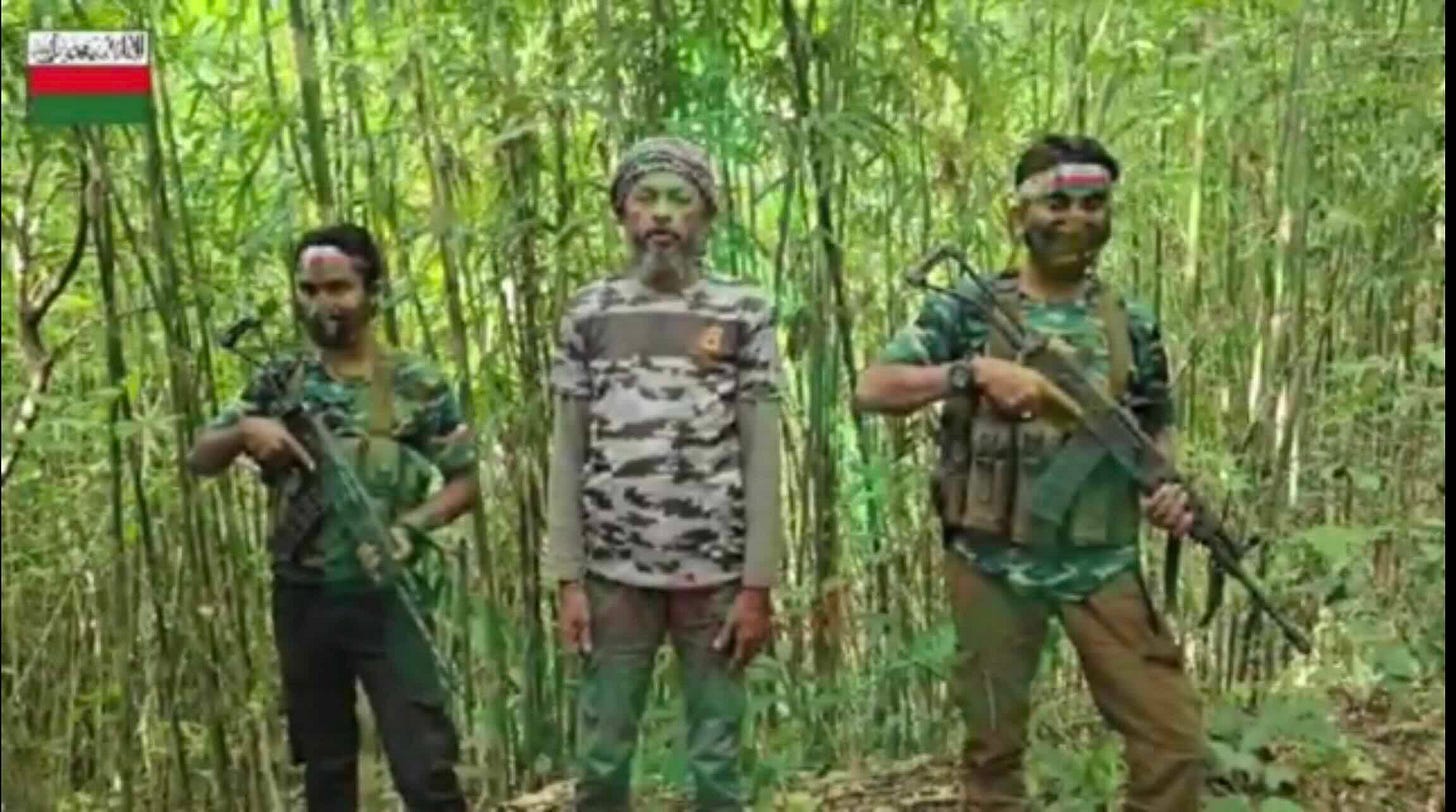Rohingya Factions Agree on Ceasefire in the Camps?
Rohingya Armed Groups Pledge Cooperation - But for How Long?
A New Unity Pledge? The Gathering of Armed Rohingya Groups Raises Questions
On Friday, 8 November 2024, an unusual meeting of Rohingya armed groups took place at Rosy House Restaurant along Gumdum Myanmar Friendship Road in Bandarban District, Bangladesh. Representatives from several factions, including the Arakan Rohingya Salvation Army (ARSA), the Rohingya Solidarity Organization (RSO), the Arakan Rohingya Army (ARA), and four Islamic Mahaz groups, reportedly gathered with one aim: to agree on a unified approach toward their goals. It’s hard not to see this as a significant shift, but the question remains: how unified is the Rohingya armed resistance, really?
In a video statement released today, 11 November 2024, Sheikhul Hadith Molana Mufti Mushtaq, spokesperson for ARSA, highlighted both the historical struggles of the Rohingya and this recent meeting’s commitments. His statement alludes to a collective vision of defending Rohingya interests without bringing violence into the camps, a pledge worth noting in a time where camp violence is all too frequent. Here’s a summary of Mushtaq words:
The Rohingya have been suffering under the oppression of the Rakhine (referred to as 'Mogh') and Burmese people. After the violence in 2012, Ata Ullah, the leader of ARSA, was sent by Allah in response to the prayers of the Rohingya community, as there were no effective leaders among the Rohingya at the time. He also mentioned the role of Islamic scholars within the Rohingya community.
Interestingly, he spoke about a recent meeting involving multiple armed groups, held in the Rohingya camps in Bangladesh, with a focus on fostering unity. While he did not explicitly confirm ARSA's involvement, he expressed approval of the gathering, particularly the groups' pledge not to engage in violence within the camps. He clarified that the purpose of the meeting was not to discuss ground operations, emphasising that it was limited to the camps.
He also expressed satisfaction upon hearing that these groups reportedly plan to resist the Arakan Army (Mogh). He stated that ARSA would welcome any group committed to fighting against the Rakhine for the rights and lands of the Rohingya, and they are prepared to offer support to any group with genuine intentions to protect the Rohingya cause. However, he warned that ARSA knows how to handle armed groups if their intentions are to undermine or harm ARSA.
This rare video message suggests a momentary alliance, but how long will it last? More critically, how much of this pledge is just words, and how much will translate into tangible action for Rohingya safety and rights?
With reports that the Directorate General of Forces Intelligence (DGFI) also guided two additional meetings involving the RSO, there is reason to wonder what role the Bangladeshi government might play in this newfound coordination among Rohingya factions. Is Bangladesh nurturing unity among Rohingya factions to stabilise the camps? Or does this alliance serve a strategic purpose in the ongoing regional power play?
While this declaration of unity sounds promising, it remains to be seen whether it will lead to a coordinated, non-violent effort in the camps. But let’s not lose sight of the history here: daily killings, abductions, splinters, ideological clashes, and accusations of betrayal have plagued these groups for years.
In a volatile context where alliances have often been as fleeting as they are strategic, this latest alliance might be the calm before yet another storm. We’ll be watching closely as these developments unfold.


